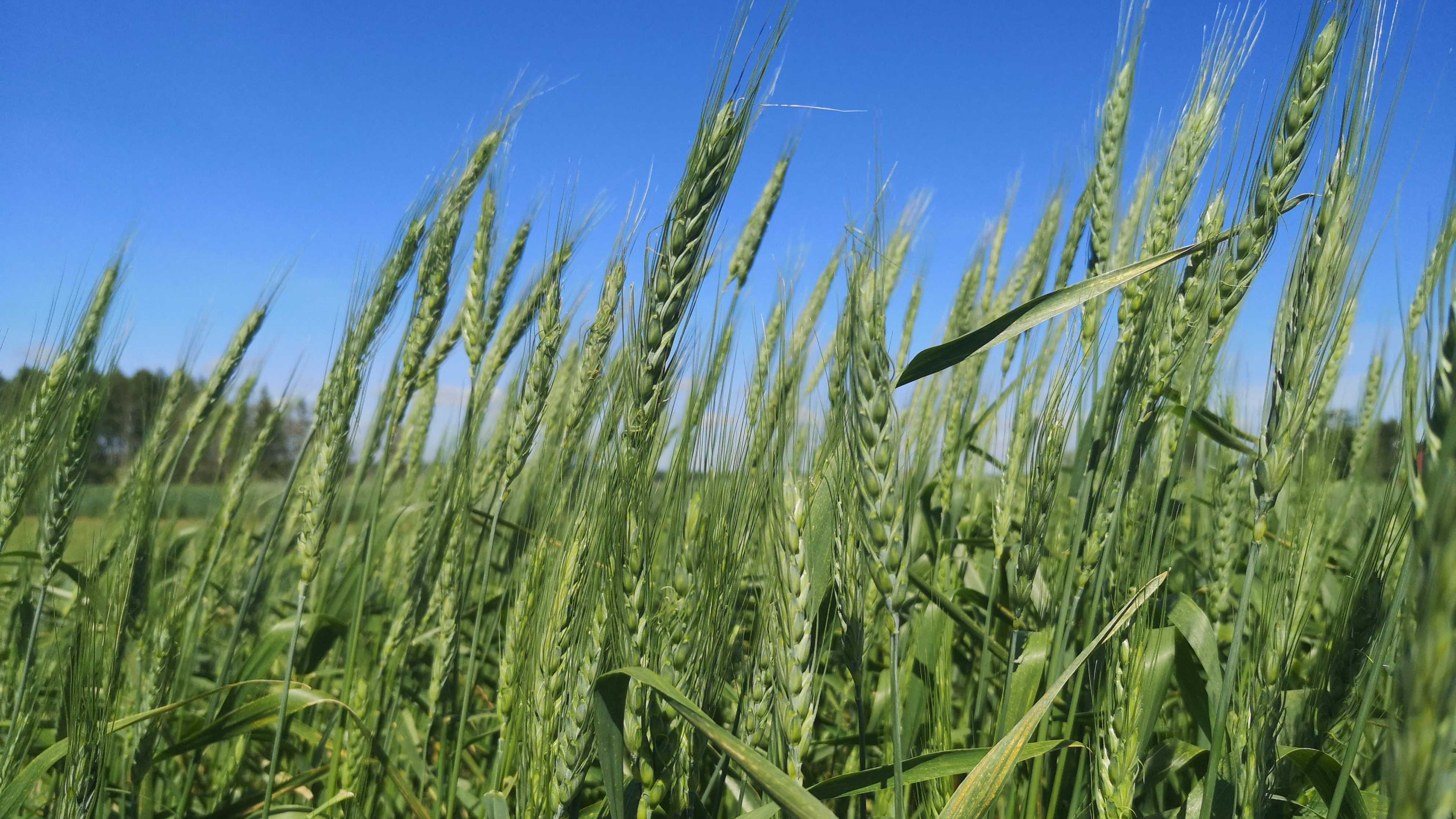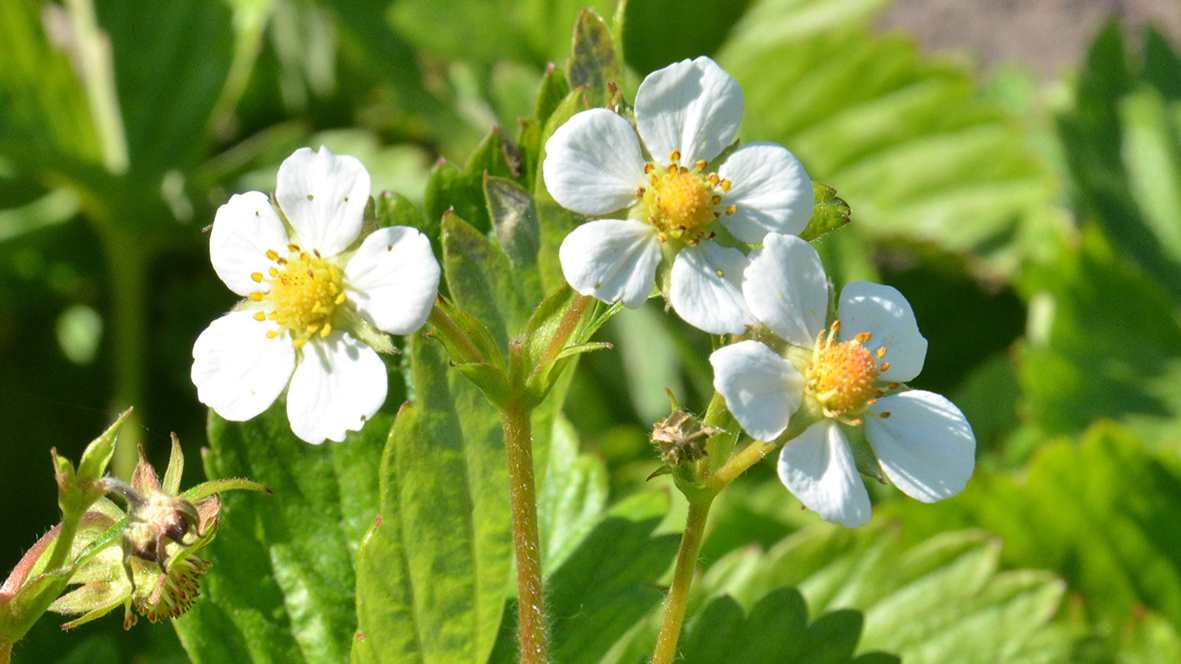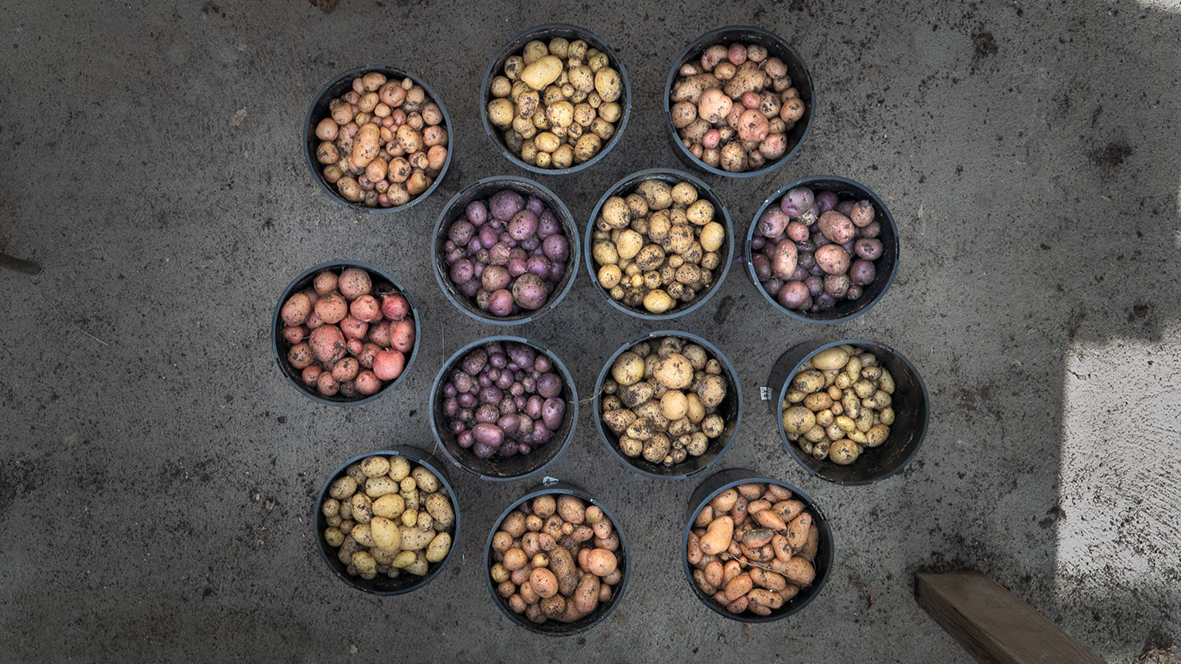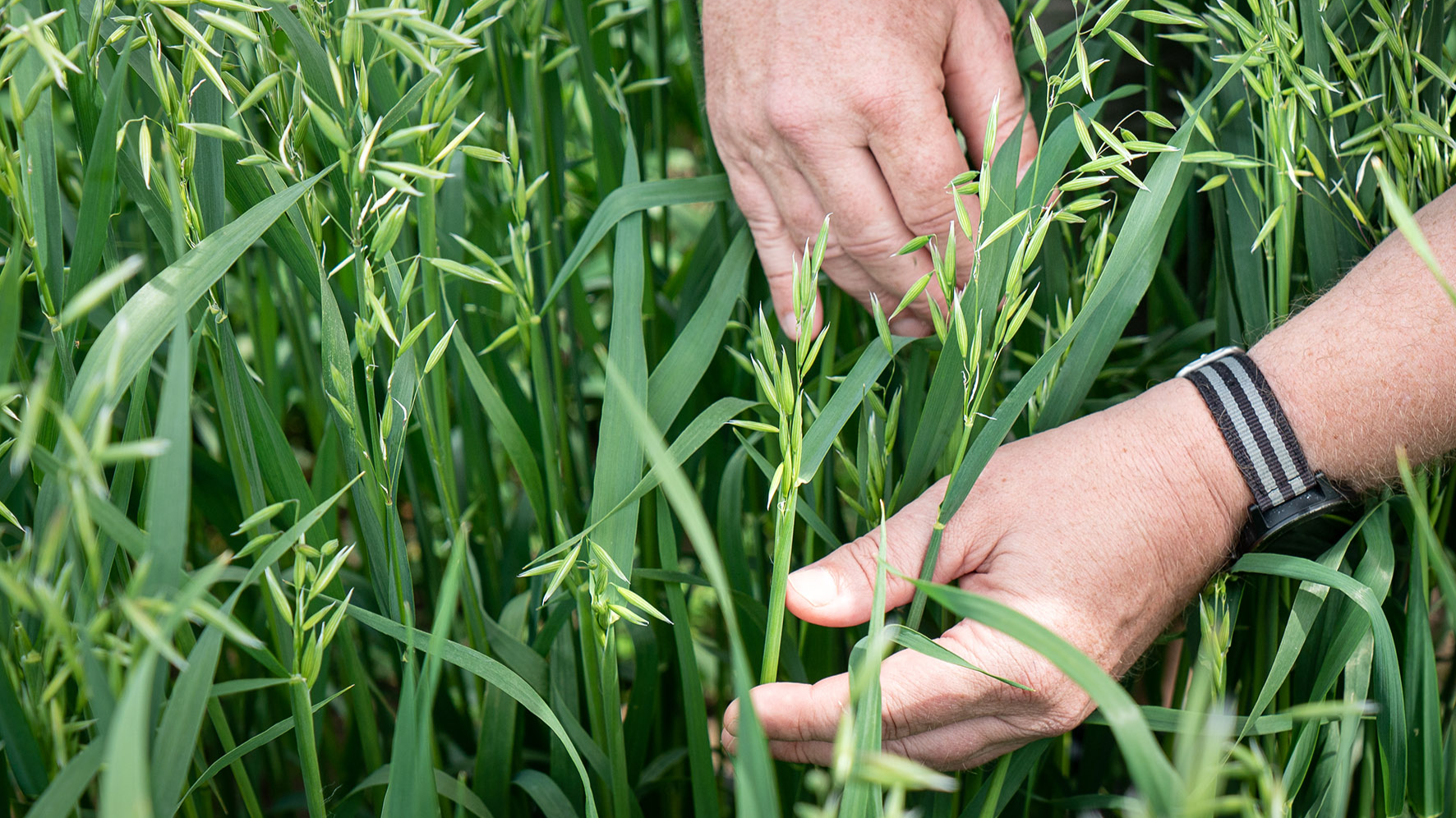
The Way Forward for the PPP
As in other parts of the world, Nordic agriculture faces great challenges in adapting to climate change. The future may bring more of dry spring weather with early drought, warmer summers causing heat stress and wet autumns with pests and diseases to follow. The next generations of farmers will most likely require a much wider spectrum of plant varieties adapted to more demanding cultivation conditions.
Food security is a basic human need. The Covid 19 pandemic, and later the war in Ukraine, has taught us not to take a functioning import and export market for granted. This development has contributed to the issue of a higher degree of self-sufficiency being higher on the Nordic governments' agenda. Plant breeding is a long term process and to succeed in this context, the need for a strong and effective collaboration between public and private plant breeding entities in the Nordic countries is obvious.
This publication has presented four PPP projects active during the program period 2021 to 2023 and we have learned about several important achievements. The work within the PPP-collaboration is going in the right direction but we need to do much more in the future. Below you will find short summaries about the projects that received funding for the years 2024 to 2026.
The need for a strong and effective collaboration between public and private plant breeding entities in the Nordic countries is obvious.
One of the ongoing projects is "CResWheat – Pre-breeding for Nordic climate-resilient spring wheat II”, which has the main objective to support the breeding of climate-resilient spring wheat by identifying genetic resources for disease resistance, drought tolerance and important adaptive traits for the Nordic region, as well as conducting genetic studies and providing breeders with germplasm and markers.
“Having successfully identified resistance donors for seven major wheat diseases, pre-harvest sprouting, and early spring drought in the initial phase of CResWheat, we are excited about the opportunity to continue our work. Strategically utilising these donors, we established 16 populations, which we will now evaluate to identify superior progenies and genetic markers for use in marker-assisted backcrossing and selection. In the second phase, our goals include identifying donors resistant to the re-emerging wheat pest, gout fly, and the cereal cyst nematode, pests increasingly affecting spring wheat production as a result of pesticide restrictions, poor crop rotations, and climate change. The significant advantage of public-private partnerships lies in the increased exchange of knowledge, resources and educational initiatives, which will remain an integral aspect of CResWheat." – Project Leader Therese Bengtsson, Associate Professor at the Swedish University of Agricultural Sciences (SLU).

Photo: Therese Bengtsson/SLU.
"BERRIES – Development of Germplasm for Berry Crops" is a new project with the main purpose to develop the germplasm of strawberry and raspberry available for Nordic and Baltic breeding.
"In strawberry we aim to enrich the gene pool for breeding through introduction of novel genes from the origin species of modern strawberry. In raspberry we will explore and exploit the diversity in national raspberry cultivar collections in the Nordic-Baltic countries. Garden strawberry (Fragaria × ananassa) has limited adaptive capacity due to its hybridization history. The available gene pool will be significantly enriched by introduction of additional genes and traits from the ancestor species F. chiloensis and F. virginiana. In Nordic-Baltic raspberry breeding, limited sources of resistance and restricted access to resistance markers are pressing issues. Timing of phenological stages in raspberry is crucial for adaptation to varying climate conditions and winter hardiness. By exploiting the genetic diversity within the Nordic-Baltic raspberry gene pool, we aim to enhance the development of well-adapted and profitable raspberry cultivars for the region."
/Project Leader Dag Røen, Breeder and Project Leader at Njøs Fruit and Berry Center.

Another ongoing project, titled “SustainPotato – PPP Collaboration to Advance Nordic Potato Variety Development with Enhanced Resistance to Diseases by Pre-breeding Phase II,” focuses on advancing the development and utilization of genetic resources, along with deploying cutting-edge molecular and phenomic tools over the next three years.
"Our primary objective remains clear: to enhance disease resistance in potato breeding across the Nordic region, with a particular emphasis on combatting the formidable late blight disease. Notably, we are pleased to welcome METK (Estonia) as a new collaborator in this project. This partnership promises to inject fresh perspectives and expertise into our Nordic potato breeding and research collaboration. Expanding our horizons, we are set to integrate new breeding clones from the Baltic potato breeding operations at METK. This expanded pool of genetic material significantly widens our capacity to pinpoint robust genomic and phenomic tools. Over the next three years, we will investigate additional factors that hold potential for enhancing potato resistance to late blight, including the intricate relationship between potatoes and their microbiome. Our project will be structured around three interacting research work packages, underscoring our commitment to disseminating results and maintaining open communication with stakeholders throughout this project."
/Muath Alsheikh, Breeder and Head of Research and Development at Graminor AS.

In 2024, the new PPP project “RobOat – Robustness of Oats for the Nordic Region” will also begin. This project has the main aim to develop the resistance of future oats against biotic (especially crown rust and semi-loose smut) and abiotic (drought and waterlogging) stress factors. The partners will study the less explored oat genetic resources from NordGen and other collections by combining diverse phenotyping, genotyping and genomic methodologies.
“Breeding future oat cultivars by the smart and wide use of genetic resources is a key for sustainable solution in agriculture within climate crisis paralleled with growing demand for healthy and high-quality raw oat materials. RobOat will facilitate in ensuring sufficient supply of oats by resilient future cultivars having particularly in mind Nordic Nutrition Recommendations 2023 and the European Green Deal Strategy.”
/Project Leader Marja Jalli, Group Manager and Senior Scientist at Natural Resources Institute Finland (Luke).

These projects within the framework of the PPP for Pre-breeding will be implemented through the joint efforts of the Nordic plant breeding companies, the universities, NordGen and by the financing of the governments of the Nordic countries. Together we can face the future.
/The PPP-Secretariat at NordGen